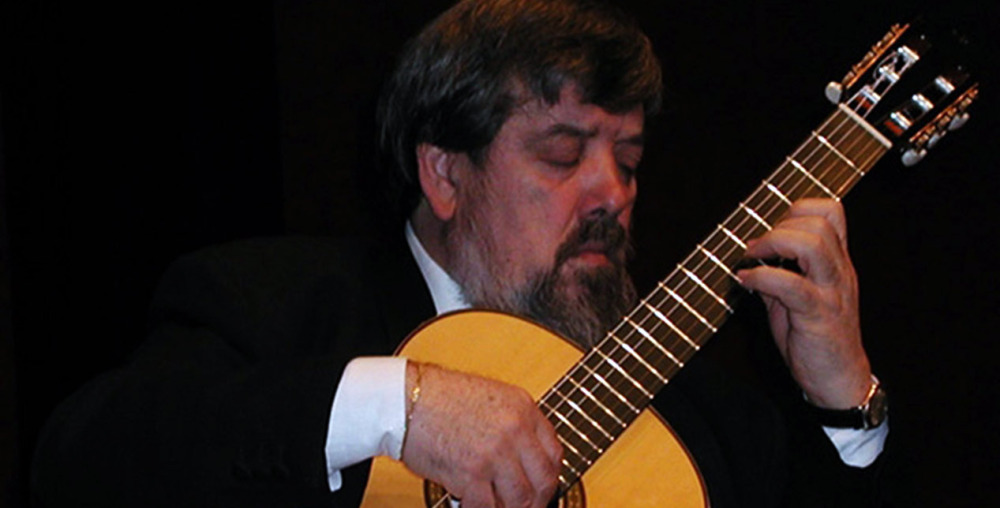

|
||||||
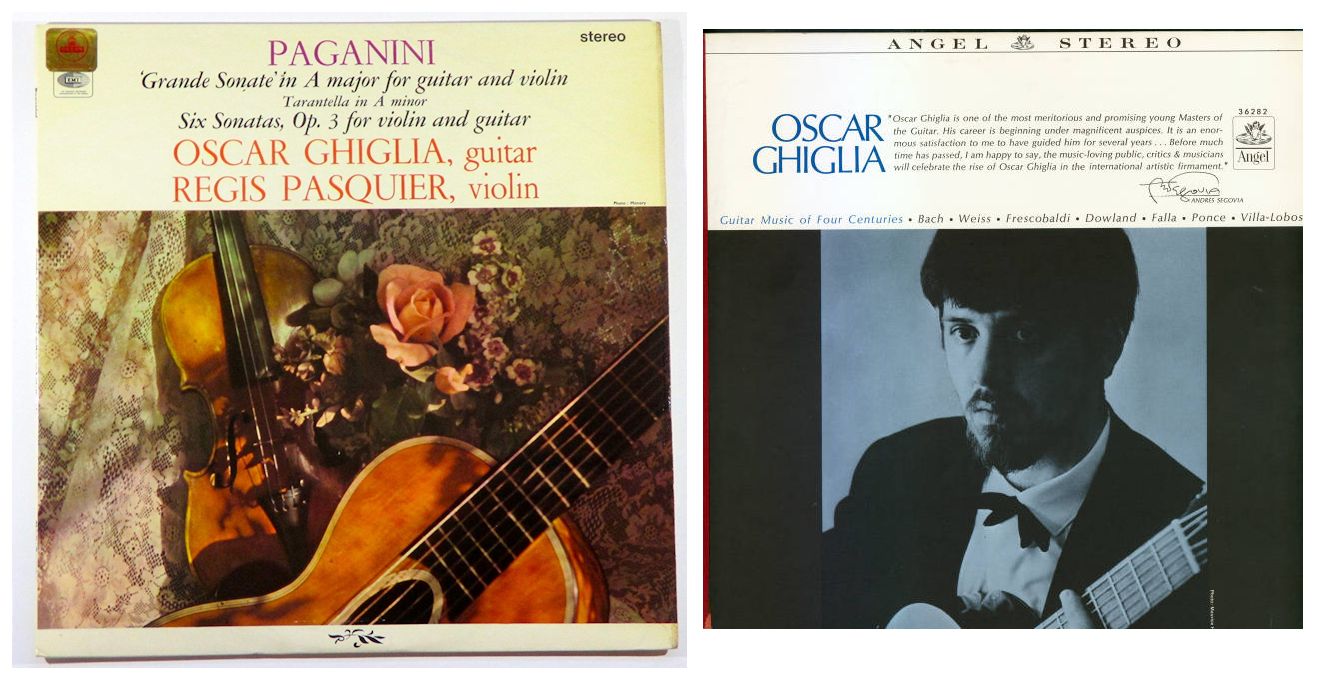
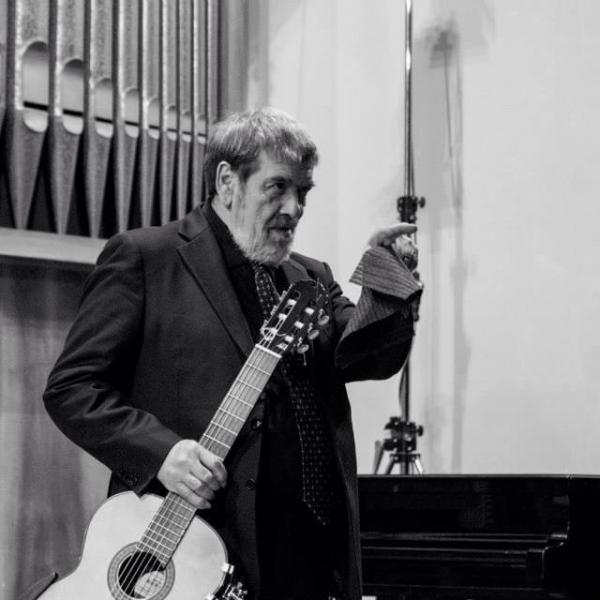 BD: Do you like traveling all over
the world with your guitar and with your music?
BD: Do you like traveling all over
the world with your guitar and with your music?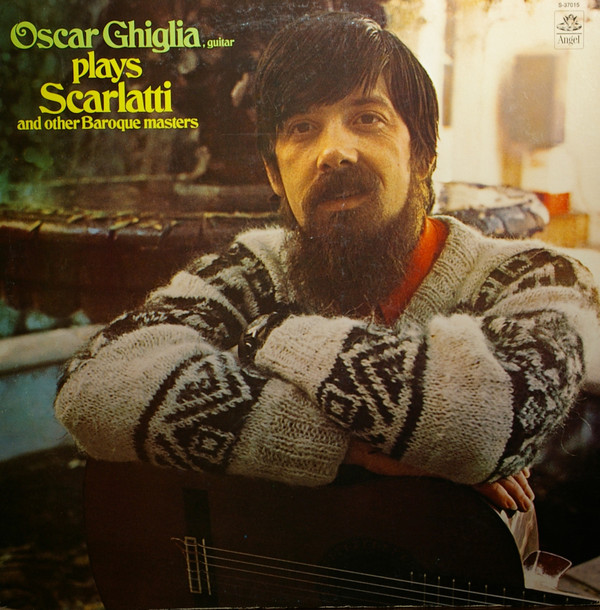 OG: [Smiles] Sometimes, but I don’t think it’s a
bad thing because you can never really tell what people like.
An artistic experience is a chance that you give people to like themselves,
so if they end up liking themselves they applaud. If I am the
cause, or offer some kind of help for that, then it’s
better, but I also have to like myself. Sometimes I don’t, sometimes
I do.
OG: [Smiles] Sometimes, but I don’t think it’s a
bad thing because you can never really tell what people like.
An artistic experience is a chance that you give people to like themselves,
so if they end up liking themselves they applaud. If I am the
cause, or offer some kind of help for that, then it’s
better, but I also have to like myself. Sometimes I don’t, sometimes
I do.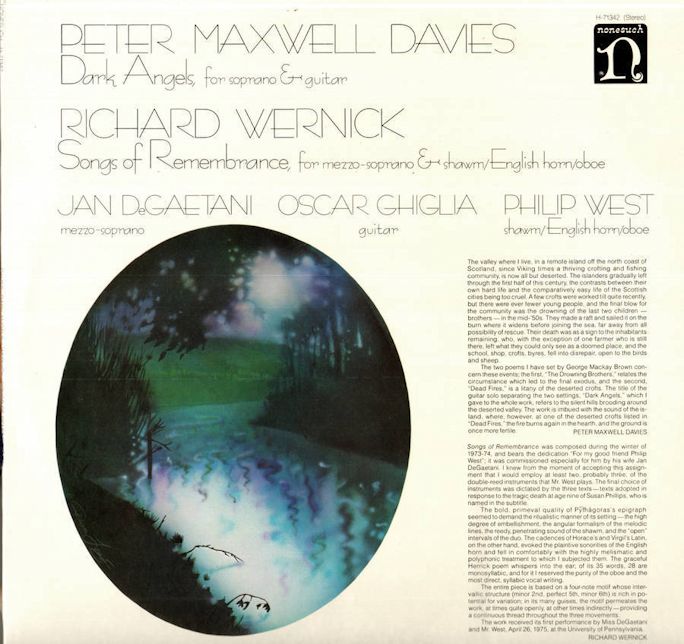 BD: But these are things that are in your repertoire.
How do you decide what you will put in your repertoire?
BD: But these are things that are in your repertoire.
How do you decide what you will put in your repertoire?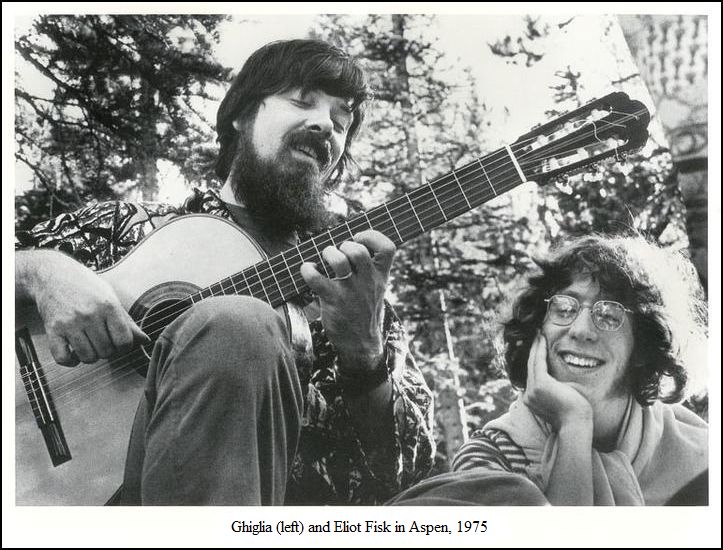 BD: Are the students better today when they come to
you than they were ten or twenty years ago?
BD: Are the students better today when they come to
you than they were ten or twenty years ago?|
|
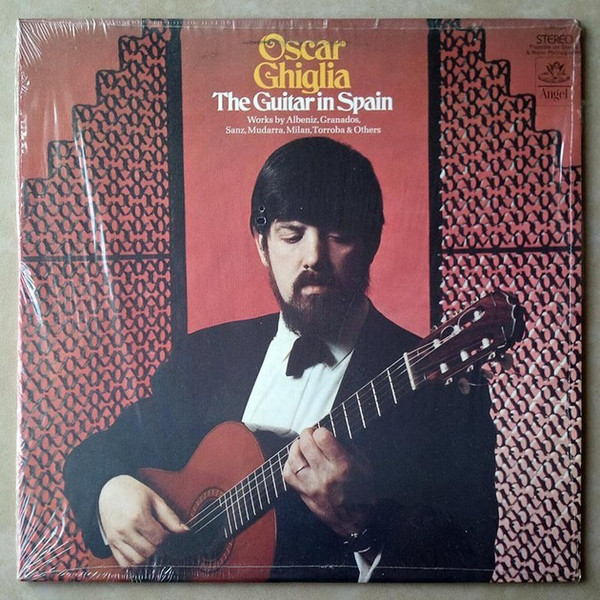 OG: A lute is a lute is a lute.
It has nothing to do with the guitar, so I don’t see how there could
be a guitar sounding more like a lute, or one that sounds less like
the lute.
OG: A lute is a lute is a lute.
It has nothing to do with the guitar, so I don’t see how there could
be a guitar sounding more like a lute, or one that sounds less like
the lute.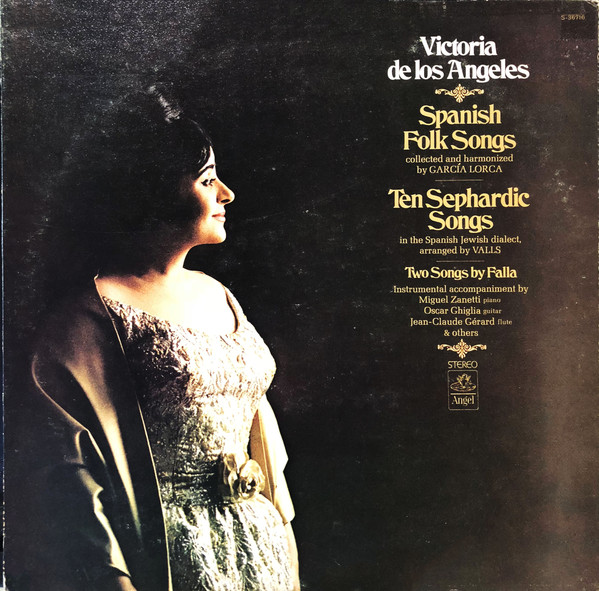 BD: You’ve made some recordings.
Are there still more recordings coming along?
BD: You’ve made some recordings.
Are there still more recordings coming along?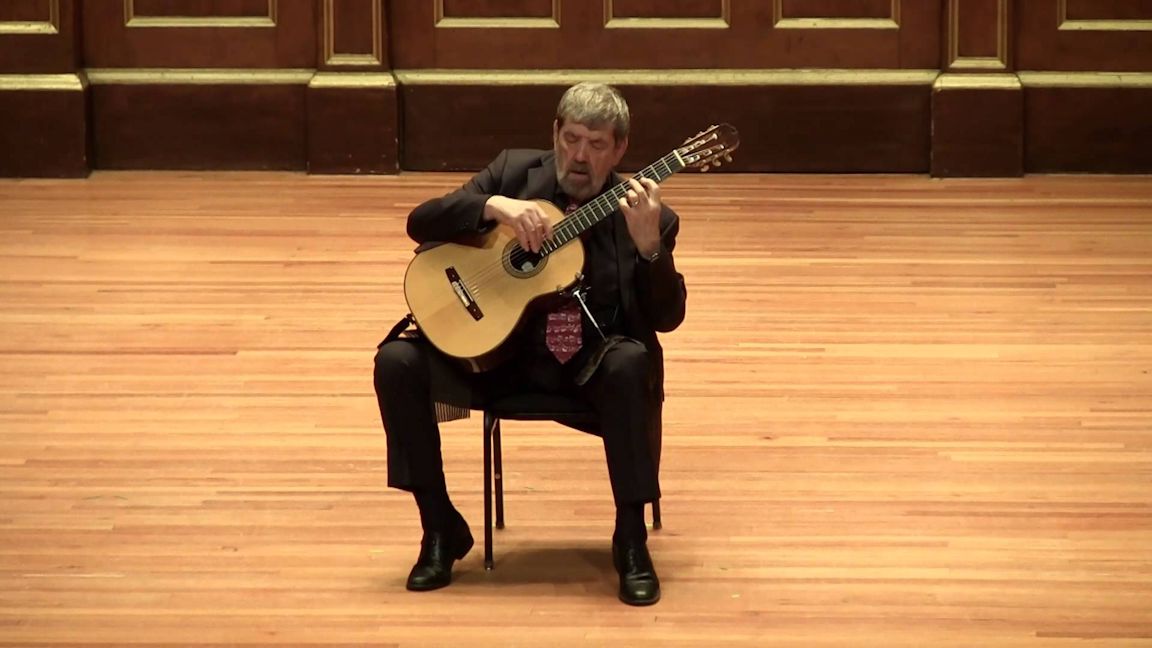
© 1998 Bruce Duffie
This conversation was recorded in Evanston, Illinois, on April 15, 1998. Portions were broadcast on WNIB the following August. This transcription was made in 2018, and posted on this website at that time. My thanks to British soprano Una Barry for her help in preparing this website presentation.
To see a full list (with links) of interviews which have been transcribed and posted on this website, click here. To read my thoughts on editing these interviews for print, as well as a few other interesting observations, click here.
Award - winning broadcaster Bruce Duffie was with WNIB, Classical 97 in Chicago from 1975 until its final moment as a classical station in February of 2001. His interviews have also appeared in various magazines and journals since 1980, and he now continues his broadcast series on WNUR-FM, as well as on Contemporary Classical Internet Radio.
You are invited to visit his website for more information about his work, including selected transcripts of other interviews, plus a full list of his guests. He would also like to call your attention to the photos and information about his grandfather, who was a pioneer in the automotive field more than a century ago. You may also send him E-Mail with comments, questions and suggestions.